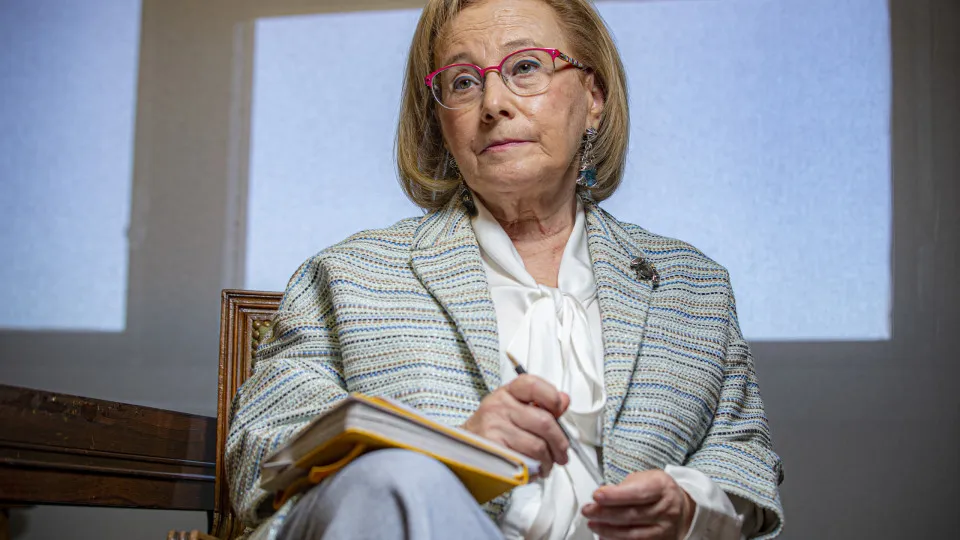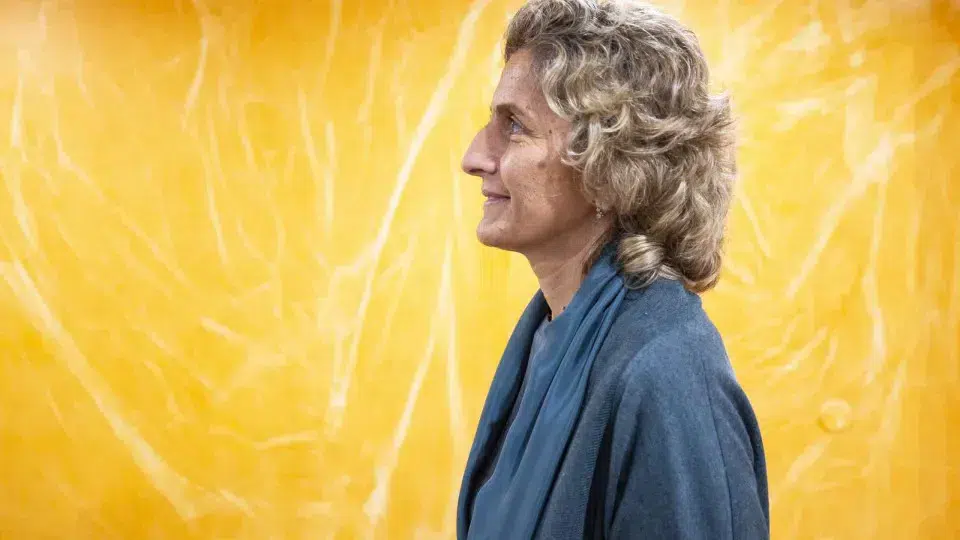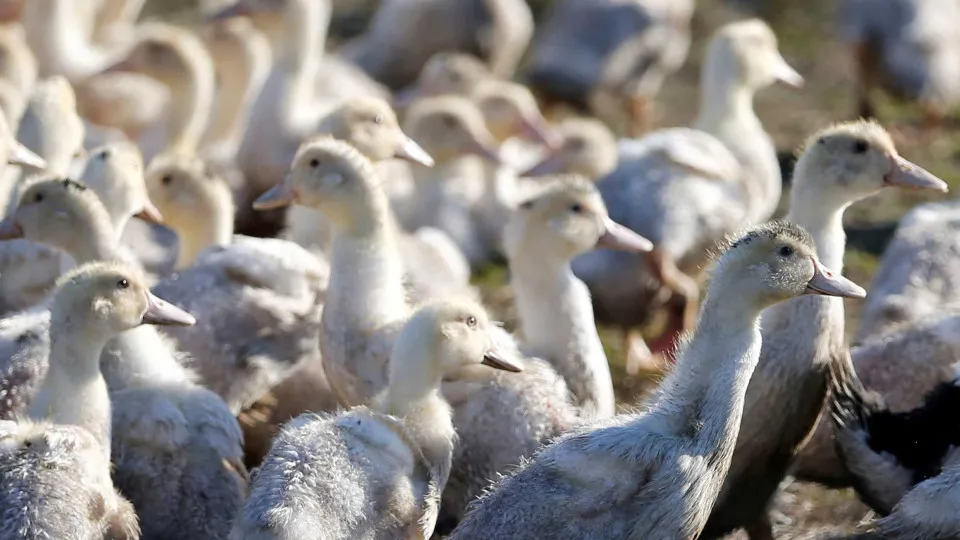
The Portuguese commemorated the 60th anniversary of the National Vaccination Program (PNV) on Saturday. In light of this, Public Health specialist Graça Freitas expressed significant concern over the growing anti-vaccine discourse, including comments from political figures like former U.S. President Donald Trump.
Graça Freitas drew a parallel between misinformation and the spread of viruses, stating that there is a “kind of contagion related to misinformation, with the creation of fears and myths that are not truly real and are not supported by science.”
To counter these movements, Freitas believes that the “only way” is through transparent, clear communication and ongoing dialogue with society to showcase the benefits of vaccines, which she described as “victims of their own success.”
She remarked, “At the moment we no longer have the diseases, there is also no perception of the risk they pose,” recalling deadly diseases such as diphtheria, with the last case in Portugal occurring over 30 years ago, during which Freitas was actively involved.
Freitas, who has overseen the PNV since joining the Directorate-General of Health in 1996, acknowledged the difficulty in convincing people to vaccinate against diseases eradicated within the country. However, she emphasized the importance of maintaining awareness that these diseases could re-emerge.
“Vaccination is like someone who is nearsighted and wears glasses. When we put on glasses, we are fine. If we take them off, we are unprotected, we can’t see. The same is true with vaccines,” she illustrated.
She stressed that vaccinations must be preserved and updated, and future generations should continue to vaccinate to ensure herd immunity, noting, “This is one of the beauties of vaccination,” she commented.
“It is a pride to be in a country that accepts, adheres to, and trusts its vaccination program, making it part of a project that goes beyond health services. It is a societal project for the good of society,” she admitted.
However, she emphasized: “To discuss this issue, we need to be capable of communicating, informing, and being completely transparent about the results of vaccination, comparing the pre-vaccination era with the vaccination era.”
Freitas believes that combating misinformation also involves acknowledging that “people have fears and concerns,” and that “there are myths” along with religious and philosophical questions that require “a well-executed effort from health authorities and society” to ensure the continuation of vaccination.
She likened vaccination to the access to potable water: “I don’t think anyone would be willing to open a tap and not have potable water and fall ill because of it.”
Freitas further highlighted that vaccination presents “a tremendous advantage” for individual health, public health, and the progress of a country, cautioning that we cannot “go backwards.”
Portugal remains an international benchmark for vaccination, with 98% to 99% of children vaccinated in their first year of life, according to the 2024 annual PNV report.
The report notes that “coverage remains very high up to six years of age, generally reaching or exceeding the 95% target.”




